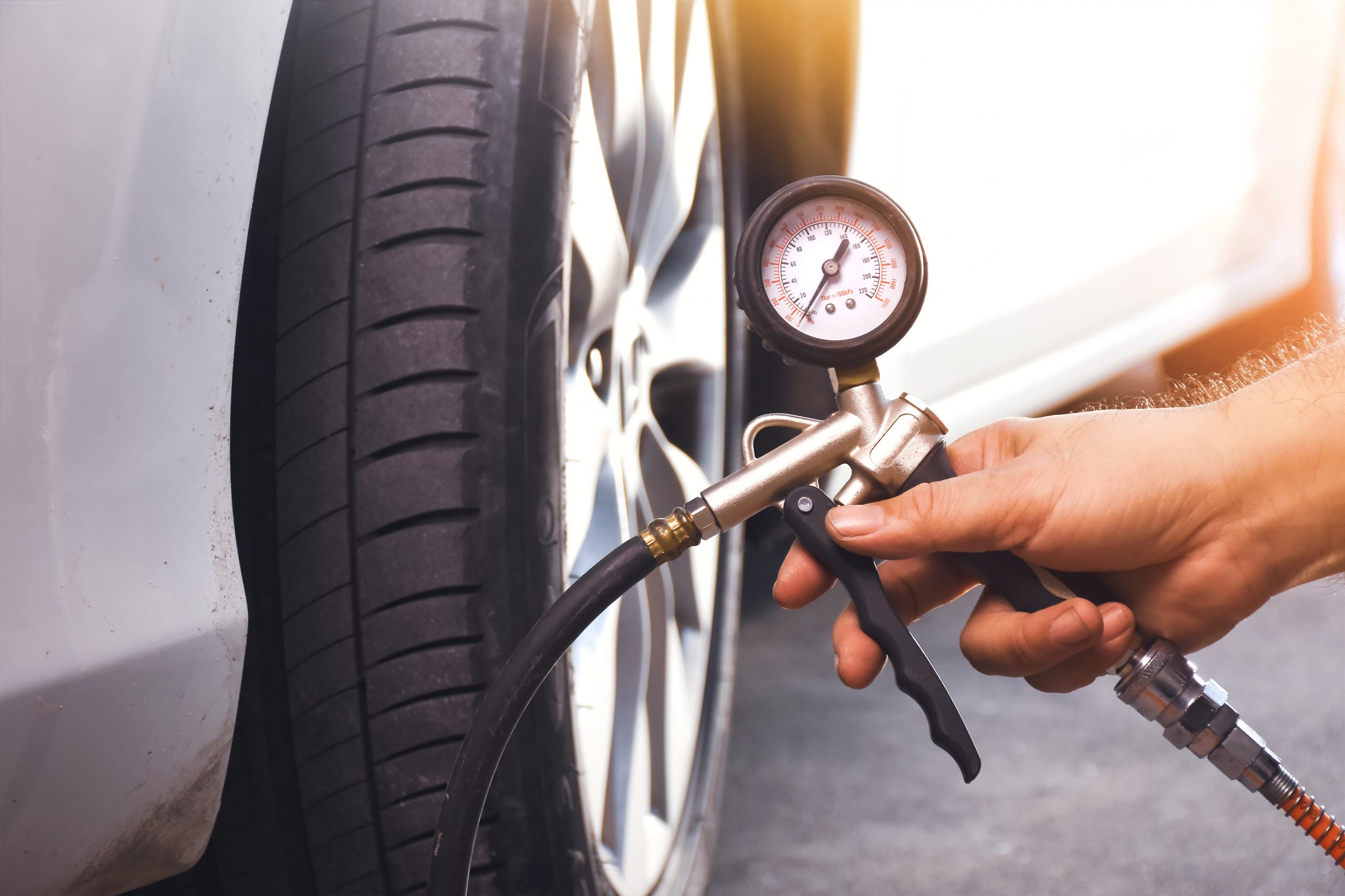
What’s the Best Car Tyre Pressure? A Comprehensive Guide
When it comes to maintaining your car, one of the most crucial yet often overlooked aspects is tyre pressure. Correct tyre pressure not only ensures a smoother ride but also plays a significant role in safety, fuel efficiency, and tyre longevity. However, determining the ideal tyre pressure for your vehicle can sometimes be confusing. Let’s delve into this essential aspect of car maintenance and explore the ins and outs of car tyre pressure.
Understanding Tyre Pressure
Tyre pressure refers to the amount of air inside a tyre, typically measured in pounds per square inch (PSI) or bar. Each vehicle comes with specific tyre pressure recommendations provided by the manufacturer. These recommendations can usually be found in the owner’s manual or on a sticker located inside the driver’s side door jamb, glove compartment, or fuel filler flap.
The Importance of Correct Tyre Pressure
Ensuring the proper tyre pressure is essential for various reasons:
- Safety: Properly inflated tyres ensure optimal traction, handling, and braking performance, reducing the risk of accidents, especially in adverse weather conditions.
- Fuel Efficiency: Tyres with insufficient air pressure result in greater rolling resistance, forcing the engine to exert more effort and leading to increased fuel consumption. By maintaining the correct tyre pressure, you can improve fuel efficiency and save money at the pump.
- Tyre Longevity: Incorrect tyre pressure can lead to uneven tread wear, reducing the lifespan of your tyres. By keeping them properly inflated, you can extend their longevity and save on replacement costs.
- Comfort: Properly inflated tyres provide a smoother and more comfortable ride, minimising vibrations and road noise.
Determining the Correct Tyre Pressure
To find the recommended tyre pressure for your vehicle, refer to the manufacturer’s guidelines mentioned earlier. Keep in mind that tyre pressure recommendations may vary depending on factors such as load, speed, and driving conditions. It’s essential to check your tyre pressure regularly, ideally once a month or before long trips, using a reliable tyre pressure gauge.
Factors Affecting Tyre Pressure
Several factors can influence tyre pressure, including:
- Temperature: Tyre pressure fluctuates with temperature changes. As temperatures drop, tyre pressure decreases, and vice versa. It’s essential to adjust tyre pressure accordingly, especially during extreme weather conditions.
- Driving Habits: Aggressive driving, heavy braking, and frequent acceleration can increase tyre temperature and pressure. Monitoring tyre pressure regularly can help counteract these effects.
- Load: Carrying heavy loads or towing trailers can increase tyre pressure. Check the manufacturer’s recommendations for adjusted tyre pressure when carrying heavy loads.
Conclusion
Maintaining the correct tyre pressure is essential for ensuring safety, fuel efficiency, tyre longevity, and overall driving comfort. By following the manufacturer’s recommendations, regularly checking tyre pressure, and adjusting as needed, you can enjoy a smoother ride, lower fuel costs, and safer travels. Purchase high-quality car tyre pressure gauges online from CarPlus and enjoy fast delivery across Pakistan. Remember, when it comes to tyre pressure, it’s better to be proactive than reactive. So, take the time to check your tyres regularly and keep them properly inflated for optimal performance on the road.

